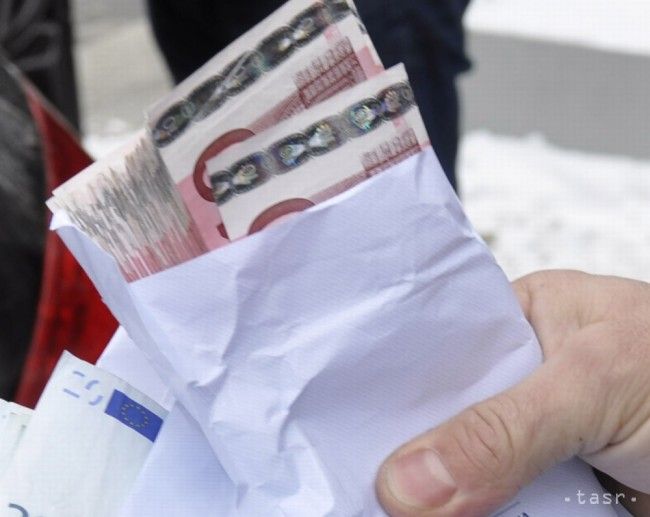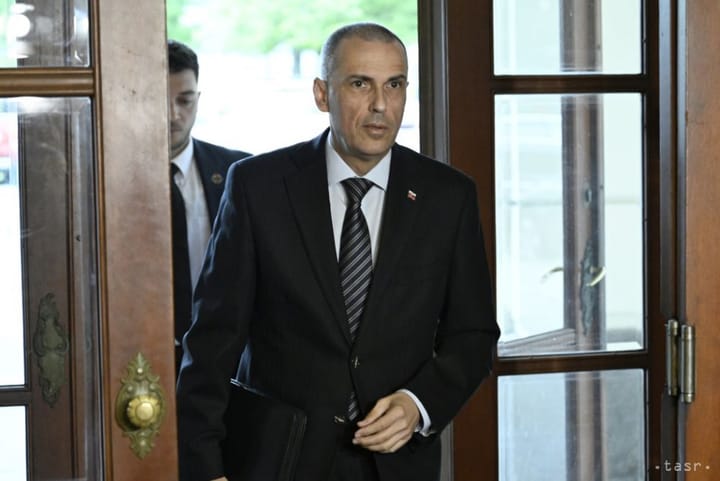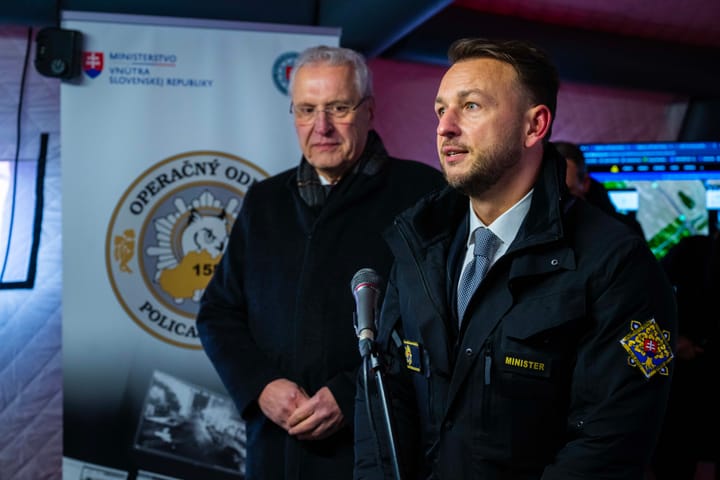Public Perception of Corruption Holds Steady, Direct Experience Falls

Bratislava, February 3 (TASR) – The public’s perception of the extent of corruption among politicians and civil servants remains largely unchanged, even if fewer people report first-hand experience with corruption these days, according to findings of the Slovak Academy of Sciences (SAV) within the International Social Survey Programme (ISSP).
The survey in 2016 zeroed in on the ‘role of government’ thematic module, including public perceptions of corruption. The results were compared to those from 2008, when the survey had the same thematic focus.
“[A total of] 55.8 percent of the respondents answered in 2008 that many or all politicians are involved in corruption, while in 2016 this was true for 58.7 percent of the respondents,” said Miloslav Bahna of SAV’s Sociological Institute. With respect to civil servants, the figures were 53.7 percent in 2008 and 50.1 percent last year.
Bahna said that the difference in figures can’t be viewed as significant, given the size of the sample – 1,150 respondents. People’s views were canvassed between October 13 and November 28.
There was no particular variation in answers in terms of demographic indicators such as age, sex, education or place of residence. What did make a difference, however, was the respondents’ preferred political parties.
“Voters of the Slovak National Party (SNS) and the Smer-SD party in particular exhibited greater leniency towards politicians. They were less likely to view them as being implicated in corruption. By contrast, voters of the [far-right] LSNS party and non-voters were more prone to see politicians as corrupt,” said Bahna.
Along with ‘We Are Family’ voters, LSNS supporters were also more likely to view civil servants as being involved in corruption. Again, Smer-SD voters weren’t anywhere near as critical.
Meanwhile, compared to the 38.7 percent of people who reported in the 2008 survey that they had not been asked for a bribe, the figure grew considerably to 56.6 percent last year. “LSNS supporters more often reported personal experience with corruption,” said Bahna.



